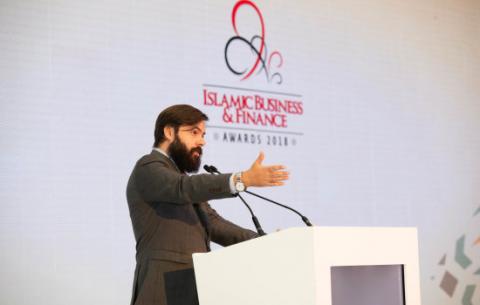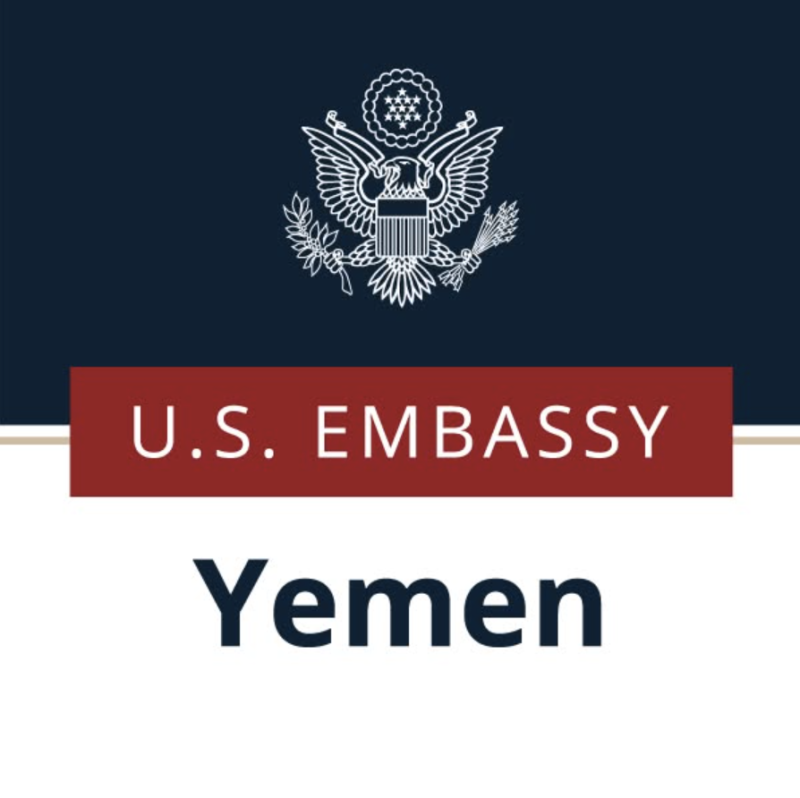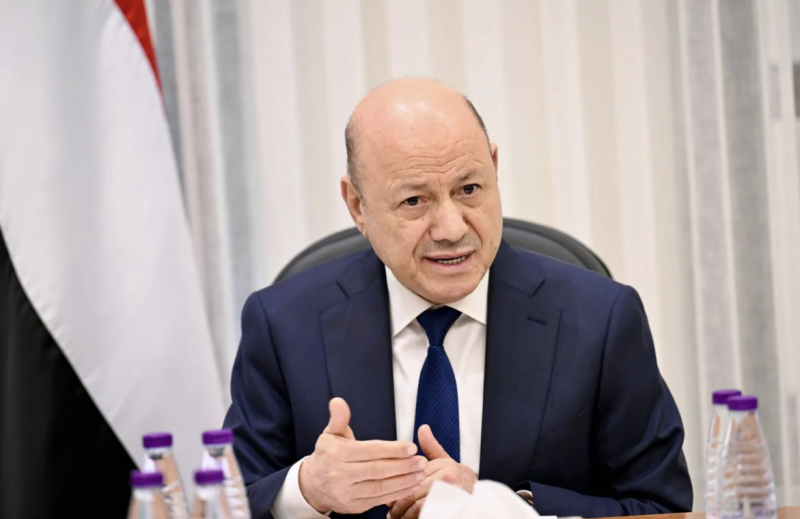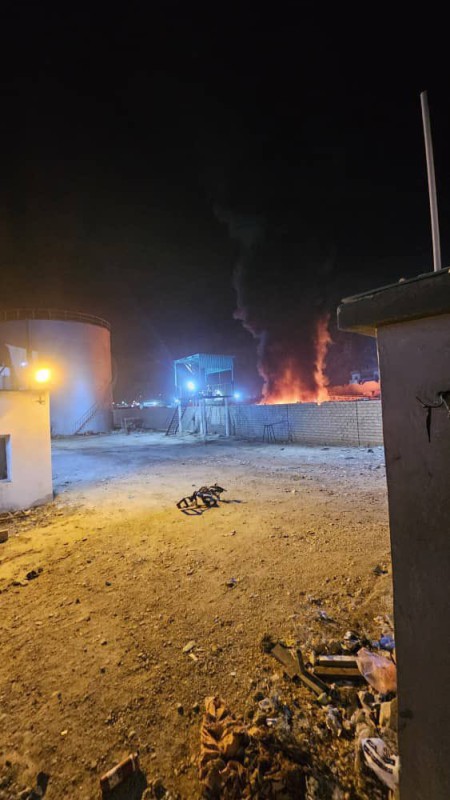A political solution through U.N.-brokered negotiations is needed to resolve the conflict in Yemen, U.S. Defence Secretary Jim Mattis said on Tuesday as he made his first trip in the role to Saudi Arabia. At the same time, officials have said the United States is considering deepening its role in the Yemen conflict by more directly aiding its Gulf allies, who are fighting Iranian-supported Houthi rebels. At least 10,000 people have been killed and more than 3 million displaced in the war, now in its third year. Millions of people are also struggling to feed themselves.
The Houthis control the capital Sanaa and large swathes of territory. The United States backs the Saudi-led coalition which is trying to restore the Aden-based government of Abd Rabbu Mansour Hadi to power, including through a devastating aeriel bombing campaign. "It has gone on for a long time, we see Iranian supplied missiles being fired by the Houthis into Saudi Arabia and this is something, with the number of innocent people dying inside Yemen, it has simply got to be brought to an end," Mattis told reporters on his way to Riyadh. Seven ceasefires brokered between government and rebel forces by the United Nations have failed while U.N.-backed peace talks have repeatedly broken down.
"We will work with our allies, with our partners to try to get it to the U.N.-brokered negotiating table," Mattis said. He gave no details on what additional support, if any, the United States would provide to the Saudi-led coalition. But he said he was looking to deepen and broaden the relationship between the two countries on the trip. Mattis is expected to meet senior Saudi officials including King Salman and Deputy Crown Prince and Defence Minister Mohammed bin Salman. Jon Alterman, head of the Middle East program at the Center for Strategic and International Studies in Washington, said Saudi Arabia was concerned strategically about Iran, its main rival in a regional power struggle. "The near-term Saudi concern is how they send a message to the Iranians in Yemen, and they would like full-throated American support," Alterman said. The review of possible U.S. assistance, which already includes intelligence support, would come amid evidence that Iran is sending advanced weapons and military advisers to the Houthis. Congressional sources say the Trump administration is on the verge of notifying Congress of the proposed sale of precision-guided munitions to Saudi Arabia.
Increased military support for the Saudi-led coalition could fuel controvesy over the air campaign, which has killed a number of civilians and destroyed infrastructure, including hospitals. The United States' involvement in Yemen has also focused on battling al-Qaeda, whose affiliate there has taken advantage of the chaos caused by the war. CLARITY ON SYRIA Mattis will also be visiting Egypt, Qatar and Israel on a trip which may give clarity on the Trump administration's tactics in the fight against Islamic State militants and its willingness to use more military power than former President Barack Obama did. One of the main questions from allies about Syria is whether Washington has formulated a strategy to prevent areas seized from militants from collapsing into ethnic and sectarian feuds or succumbing to a new generation of extremism, as parts of Iraq and Afghanistan have done since the United States invaded them. U.S.-backed forces are fighting to retake the Islamic State strongholds of Mosul in Iraq and Raqqa in Syria, and questions remain about what will happen after that and what role other allies such as Saudi Arabia, can play. Administration officials said the U.S. strategy in Syria -- to defeat Islamic State while still calling for the removal of Syrian President Bashar al-Assad -- is unchanged, a message Mattis is expected to reinforce. SM




